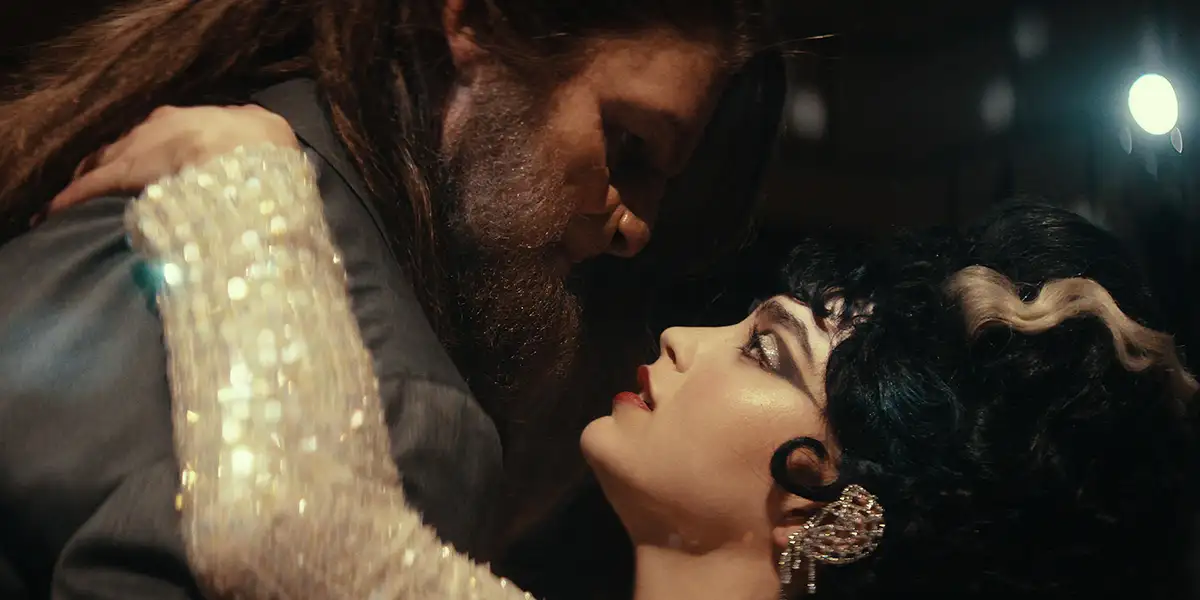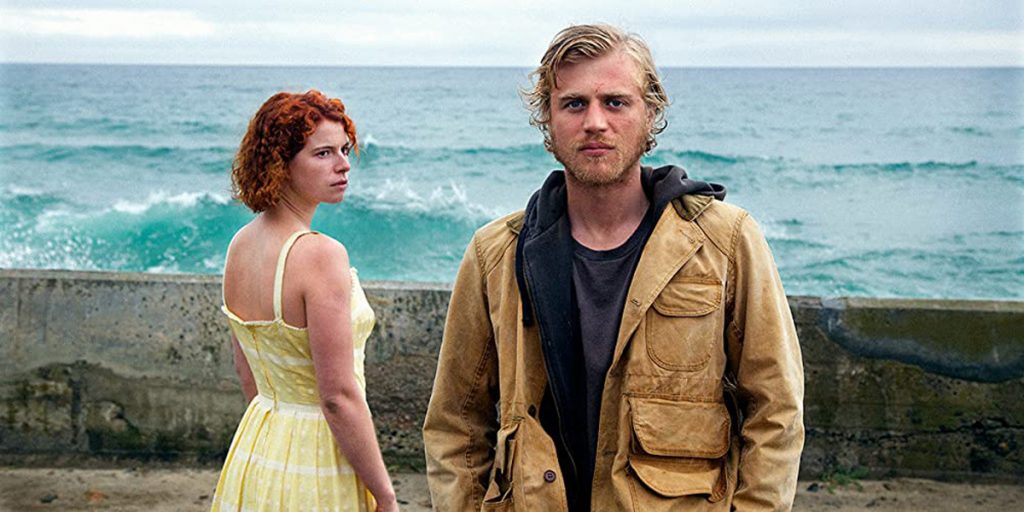Michael Pearce’s Beast (2017) centres the ‘psychological’ aspect of ‘psychological thriller’, exploring the nature of repressed darkness and the power it wields.
There are certain expectations when a film is described as a ‘psychological thriller’. Beast, from writer/director Michael Pearce, is a slow-burning rejection of expected tropes; a confident film that channels its focus into exploring the darkness within character, rather than the trappings of a crime drama.
Moll (Jessie Buckley) feels stifled living with her parents on the Channel Isle of Jersey, like ‘a killer whale in captivity’. Their relationship is fraught after a violent incident disrupted Moll’s childhood, and she now spends what little time she isn’t singing in her Mum’s (Geraldine James) choir or looking after her ailing Dad (Tim Woodward) working as a local tour guide. But tensions soon reach a boiling point when Moll finds herself caught between her oppressive family and a whirlwind romance with the enigmatic Pascal (Johnny Flynn), the prime suspect in a string of horrific murders that have shocked the tight-knit community.
Beast is Pearce’s BAFTA-award winning debut, and its self-assured style would have you forgiven for thinking it the work of a more established filmmaker. It’s so atmospheric and sharp, heavily influenced by Pearce’s own upbringing on the island. It feels fresh and invigorating, not-at-all reliant on genre tropes or concerned with the motivations behind its central crime narrative. The music – from Jim Williams – really emphasises the tone, pulsing like a frantic heartbeat in one moment and dropping away entirely the next. And it’s visually stunning, with Benjamin Kracun’s cinematography highlighting the beauty of sun-kissed coastal views that feel incongruous with the film’s subject matter, giving it an unsettling quality that works wonderfully.

But the beating heart of the film comes in the form of Jessie Buckley, who gives an astounding lead performance. For the most part, Moll’s struggles are internal, but the flashes in which her pain and rage slip through are really effective. Buckley’s quiet moments of heightened emotion – the moments when Moll is struggling with the darkness inside herself, the darkness she suspects is in Pascal and the resentment and contempt she feels for everyone around her – are incredibly tense; Moll doesn’t feel like a woman who will succumb to the violence and manipulation from someone like Pascal, she feels like someone who could just as easily match him.
Beast isn’t overly concerned with the minutiae of the murders taking place, it is not a ‘serial-killer’ film in the traditional sense. Instead, it’s a psychological thriller that solely focuses on the psyche of its main character, on the way in which Moll tumultuously navigates her strained relationships with her family and her community, this exciting new one with Pascal, and the one with herself. There’s no ‘beauty’ in contrast to the titular Beast, instead Pearce has crafted an exploration into how even the most repressed darkness can be brought to light, and provided a vehicle for Buckley’s talents to shine.

 loudandclearreviews.com
loudandclearreviews.com
